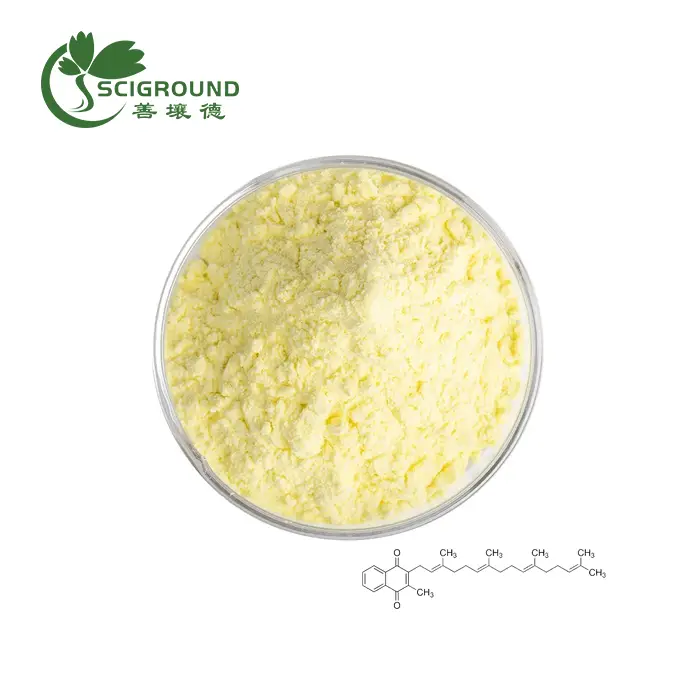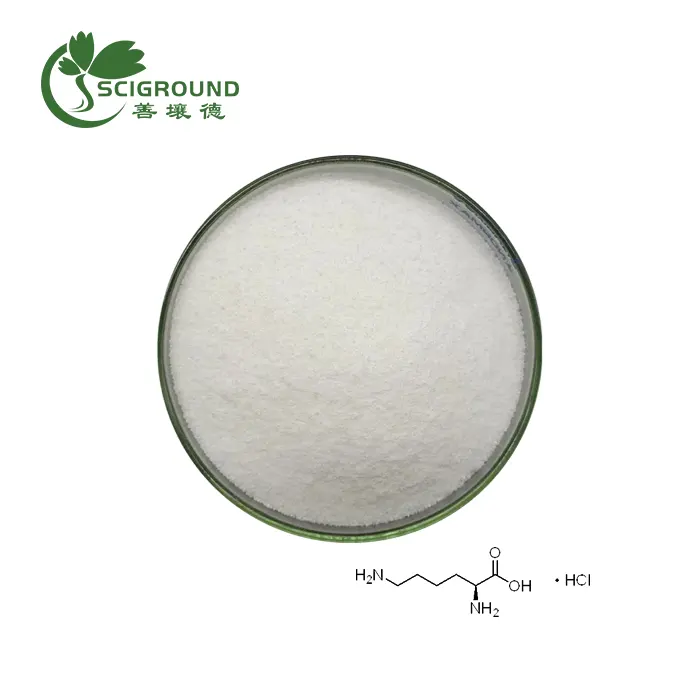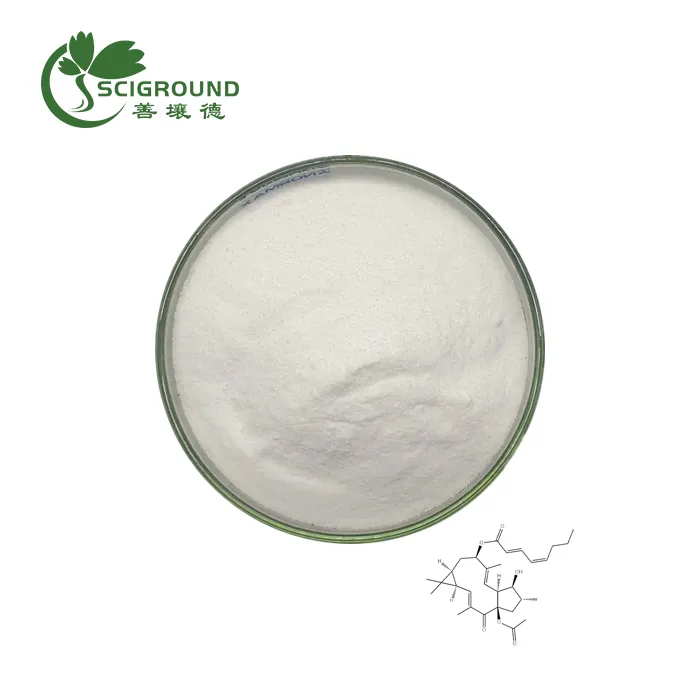Do bcaas help with weight loss
Do BCAAs Help With Weight Loss?
It is important to keep in mind that those who ingested fewer BCAAs also consumed roughly 20 grams less total protein daily, which could have affected the outcomes. BCAAs might make it easier for your body to get rid of extra fat if you're trying to lose weight.
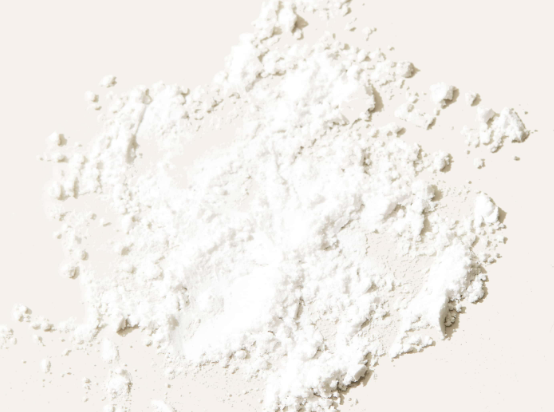
Best Time To Take BCAA For Weight Loss
While BCAAs offer proven benefits for building muscle, their impact on fat loss is less clear cut. To maximize potential weight loss effects, current research suggests taking BCAAs 30-60 minutes pre-workout and/or during workouts on training days.
BCAAs may help facilitate fat burning during exercise by:
Providing muscles with energy and delaying fatigue, allowing you to burn more calories per workout (1).
Reducing serotonin levels to decrease appetite and cravings during training (2).
Increasing fat oxidation rates when taken before aerobic exercise (3).
Additionally, taking BCAAs before resistance training helps maximize muscle protein synthesis for retaining or building lean mass when in a calorie deficit (4). Maintaining muscle while losing fat is crucial for long-term weight management.
However, there is limited evidence that consuming BCAAs at other times of day boosts fat loss to a significant degree. The primary benefit seems to be improved intra-workout performance and body composition when taken around workouts.
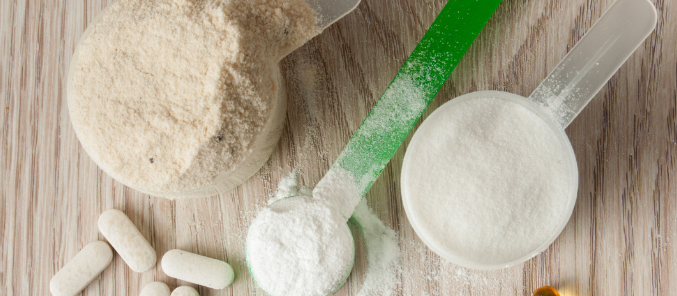
BCAA For Female Weight Loss
Some research indicates females may benefit more than males from bulk BCAA powder while dieting. Women tend to have lower basal rates of muscle protein turnover and synthesis compared to men (5). BCAAs help counteract this by increasing post-workout muscle protein synthesis in females (6).
In one study, female dieters taking 15 grams of BCAA powder daily for one month lost 50% more fat mass than the placebo group, while retaining more muscle mass (7). This suggests bulk BCAA may help optimize body composition in dieting women by preserving metabolicly-active lean tissue.
However, both male and female exercisers will likely get the most fat loss benefit from BCAAs by taking them around workouts to maintain muscle, recover faster, and burn more calories during training.
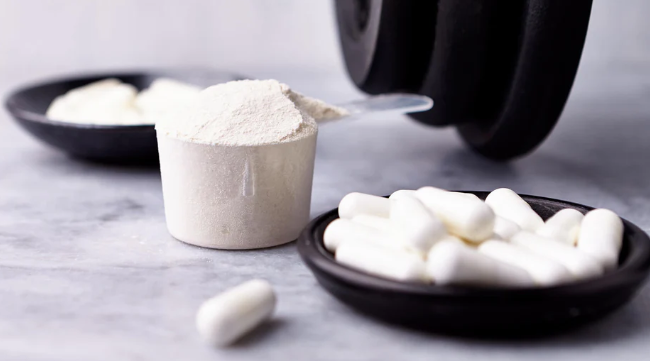
When To Take Amino Acids For Weight Loss
For maximizing fat burning during exercise, research on essential amino acids (EAAs) suggests taking either a BCAA or complete EAA supplement shortly before or during aerobic workouts.
Specifically, dosing EAAs/BCAAs within 30 minutes pre-workout or during exercise has been shown to:
Increase fat oxidation rates and energy expenditure during training (8).
Spare glycogen stores, allowing you to burn more fat (9).
Blunt the rise in hunger-promoting hormones like ghrelin (10).
During resistance training, consuming EAAs/BCAAs both pre and post-workout enhances muscle protein synthesis, helping maintain lean mass when cutting calories (11).
Outside of workouts, there is limited evidence that taking bulk BCAA powder or EAAs significantly impacts weight loss. Focusing consumption within the 30 minute "anabolic window" before and after workouts provides the greatest fat burning and muscle retention benefits.
What Amino Acids Help With Weight Loss?
The EAAs with the most evidence for supporting weight loss are:
Leucine – Stimulates muscle protein synthesis and aids glycogen recovery (12).
Valine – Provides energy, helps reduce fatigue during training (13).
Isoleucine – Increases endurance, maintains muscle tissue (14).
Lysine – Helps convert fatty acids into energy (15).
Phenylalanine – Increases satiety after meals (16).
Leucine, in particular, activates muscle-building pathways like mTOR and may help preserve muscle mass while dieting (17). Consuming 2-3 grams of leucine from BCAA or EAA supplements around workouts helps maximize these effects.
Combining all essential amino acids provides a balanced approach. Alternatively, taking just BCAAs (leucine, isoleucine, valine) also enhances performance, recovery, and muscle retention when training in a calorie deficit.
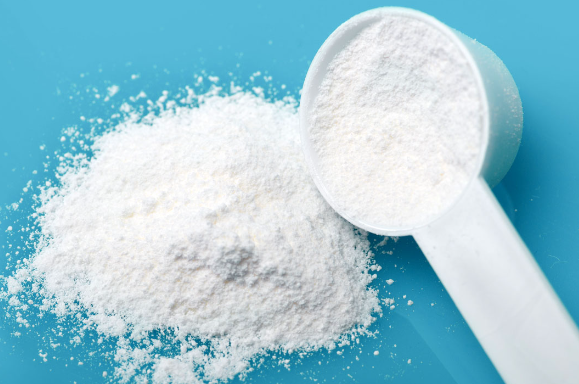
How Much BCAA Per Day For Weight Loss?
Current research on BCAA dosing suggests:
5-10 grams prior to aerobic exercise helps maximize fat burning.
10-20 grams before and/or after resistance training improves muscle protein synthesis.
Total daily intake from supplements should not exceed 40 grams.
So for a training day, you may take 10 grams of BCAAs pre-workout, another 10 grams during or after, and optionally 5 grams between meals - equating to 25-35 grams total from supplements.
It's best to experiment to find your optimal dosing strategy. Start with 10 grams pre-workout and assess the effects on energy, endurance, cravings, and recovery. Increase or decrease dosing as needed to suit your goals and tolerance.
Which BCAA Is Best For Weight Loss?
The three BCAAs - leucine, isoleucine, and valine - work synergistically together for optimal benefits. However, leucine appears most important for weight loss for the following reasons:
Activates muscle protein synthesis via the mTOR pathway, helping maintain lean mass (18).
Improves glucose uptake and glycogen synthesis, aiding workout performance (19).
May increase energy expenditure and fat metabolism (20).
Research typically uses a 2:1:1 or 3:1:1 ratio of leucine to isoleucine and valine in effective supplements. Aim for 2-3 grams of leucine in each pre-workout dose.
While single BCAAs alone can be useful, balancing all three provides greater effects - especially when combined with the other essential amino acids. Quality complete EAA or BCAA complex supplements will provide the right ratios.
The Takeaway
Through decades of research and product development, I've found BCAAs can offer modest fat loss benefits when used strategically around workouts. Pre/intra-workout BCAA intake helps maximize training performance, recovery, and muscle growth when cutting calories. This leads to enhanced body composition over time.
The most effective formula is a balanced 2:1:1 or 3:1:1 ratio of leucine, isoleucine and valine at a total dose of 5-20 grams around workouts. Experiment to find your ideal intake. While not a magic bullet for fat loss on their own, BCAAs remain one of the safest supplements for supporting energy, endurance and maintaining muscle when dieting.
References:
Mittleman KD, Ricci MR, Bailey SP. Branched-chain amino acids prolong exercise during heat stress in men and women. Med Sci Sports Exerc. 1998 Jan;30(1):83-91.
Greer BK, White JP, Arguello EM, Haymes EM. Branched-chain amino acid supplementation lowers perceived exertion but does not affect performance in untrained males. J Strength Cond Res. 2011 Feb;25(2):539-44.
White PJ, Lapworth AL, An J, Wang L, McGarrah RW, Stevens RD, Ilkayeva O, George T, Muehlbauer MJ, Bain JR, Trimmer JK, Brosnan MJ, Rolph TP, Newgard CB. Branched-chain amino acid restriction in Zucker-fatty rats improves muscle insulin sensitivity by enhancing efficiency of fatty acid oxidation and acyl-glycine export. Mol Metab. 2016 Jul 22;5(7):538-51.
Jackman SR, Witard OC, Philp A, Wallis GA, Baar K, Tipton KD. Branched-Chain Amino Acid Ingestion Stimulates Muscle Myofibrillar Protein Synthesis following Resistance Exercise in Humans. Front Physiol. 2017 Jun 7;8:390.
Devries MC, Breen L, Von Allmen M, MacDonald MJ, Moore DR, Offord EA, Horcajada MN, Breuille D, Farmer SO. Low-load resistance training during step-reduction attenuates declines in muscle mass and strength and enhances anabolic sensitivity in older men. Physiol Rep. 2015 Jul;3(7):e12493.
About Author

Celine Xu is a botanist with over 15 years of experience researching and developing plant extracts for nutritional and pharmaceutical applications. She leads an R&D team focused on identification, cultivation and extraction of medicinal plants. Celine Xu earned a Ph.D. in Plant Biology has authored numerous articles in peer-reviewed journals about the health benefits of specific phytochemicals. She frequently speaks at industry conferences about new developments in plant extract research. Celine Xu is dedicated to advancing the scientific understanding of how targeted plant compounds can be used to improve human health.
Related Industry Knowledge
- What is Andrographis powder good for?
- What is jujube extract good for?
- What Does Vitamin D3 Do for You
- What is Puerarin
- What is creatine monohydrate made from
- Is Pea Protein Powder a Viable Vegan and Gluten-Free Alternative to Whey Protein?
- The Power of Lentinus Edodes Extract: A Natural Weapon in the Battle Against Disease
- Exploring the Wonder of Apple Extract Powder
- Puerarin: A Promising Phytoestrogen for Health and Wellness
- What foods have bcaas




